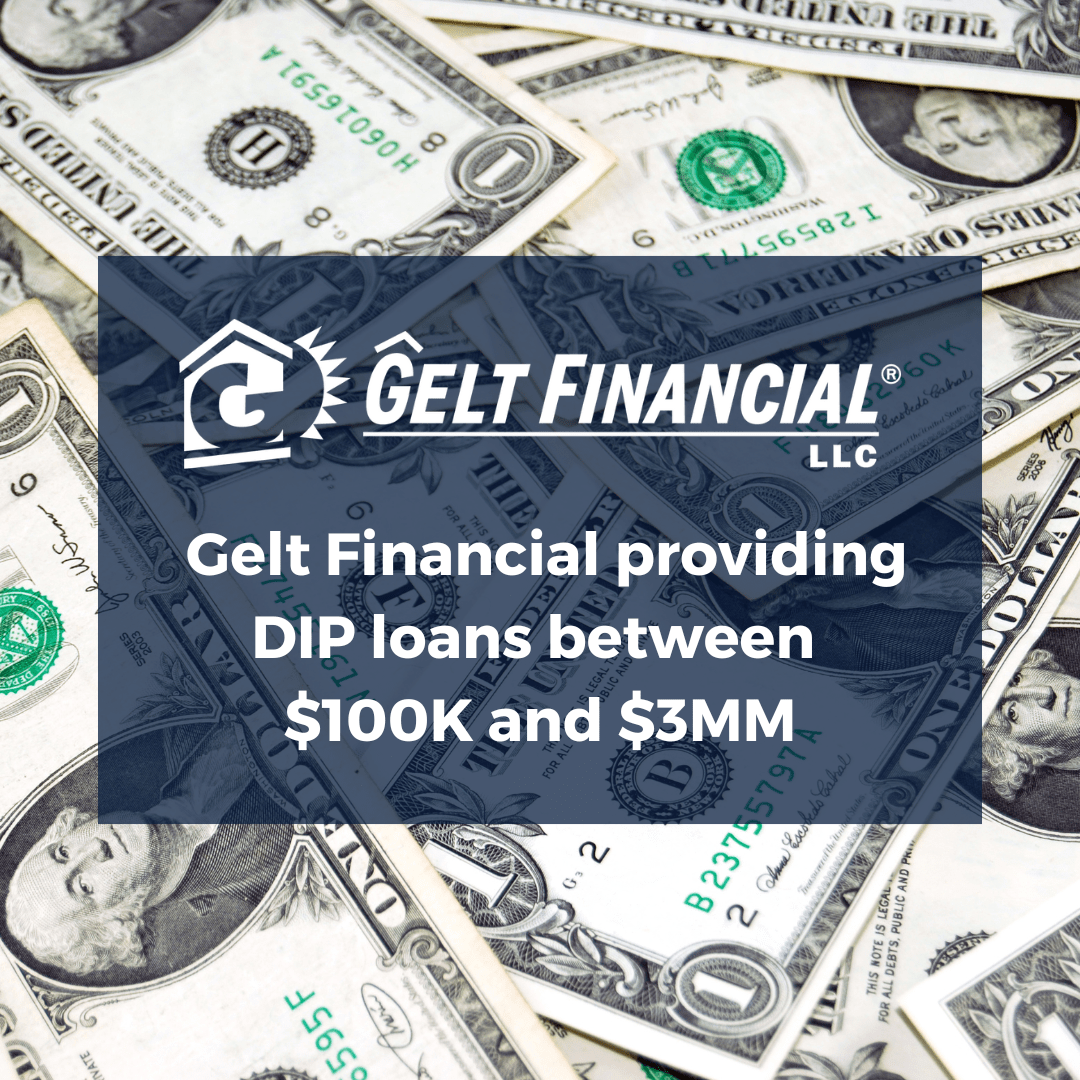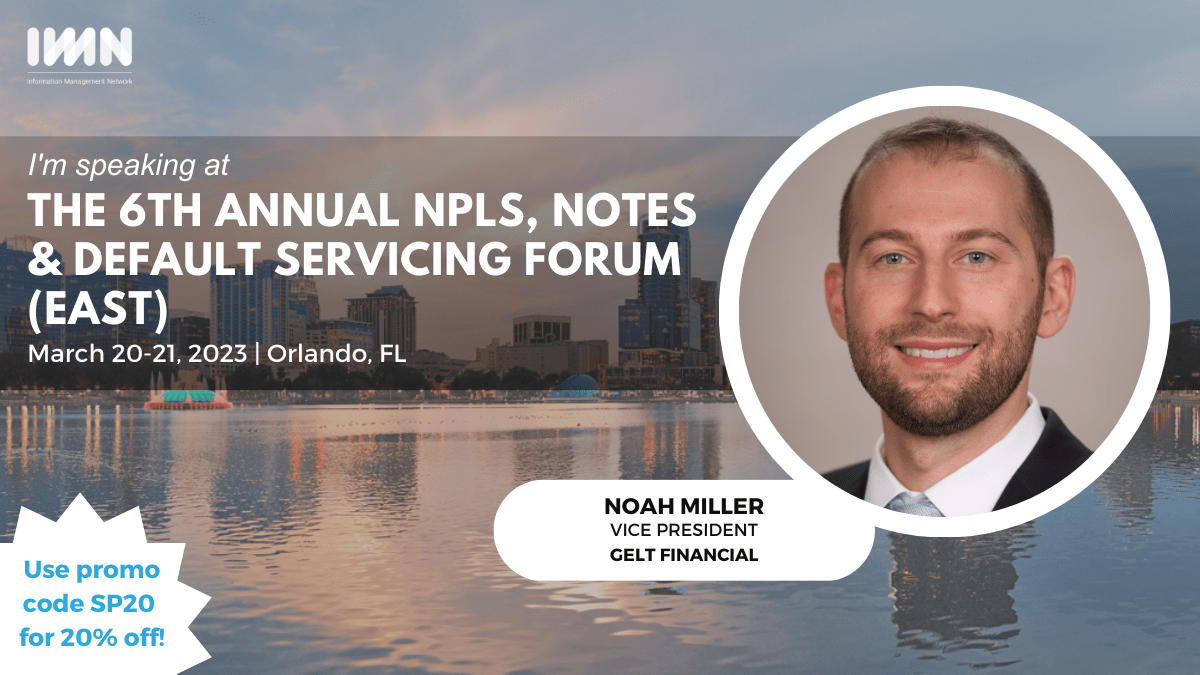In the video Jack explains the concept of phantom income in real estate investing. Phantom income refers to situations where investors may not receive cash distributions despite owning a share of the profits. Two examples are provided: investing in properties with self-liquidating loans and partnership disbursements being withheld:
Hello, this is Jack Miller. I’m here to talk to you today about something called phantom income within real estate investing. First, I want to make a disclosure: I’m not an accountant, I’m not a CPA. Whatever I’m telling you, assume it’s garbage and go to your own CPA or accountant. I’m not giving you tax advice or legal advice or anything like that. But I want to talk about what I commonly call “phantom income” within the context of real estate, whether usually it’s commercial real estate investments.
Most people make the assumption that if they invest in a real estate partnership, and let’s say that partnership makes a hundred thousand dollars, and they own, let’s just say, 50% of that, that they’re going to get 50,000 dollars in cash every year. And it’s self-understood that they’re going to get a K-1 for 50,000, so they’ll have money to pay their taxes. But that’s often not the case. There are two big examples I want to talk about today, which I’ve seen a lot of people get a lot of trouble with regarding phantom income. And don’t take it for granted. Usually, well, let me get into that later.
So, how are there the two cases? Let me give you an illustration of one. Let’s say you would buy a CVS or a Walgreen. I’m not so much now, but a couple of years ago, they were financing them at 100% leverage. So, you could buy one for, let’s say, 3 million dollars, whatever the number is, getting it for almost no money down. And they’re self-advertising deals, self-liquidating deals. So, if you have a 20-year lease, you would have a 20-year loan, and 100% of the lease goes toward the debt. So, what you have there is the first year, it’s not so bad because you have a lot of interest income. But picture a mortgage that’s being paid down every year. Let’s say it’s a 20-year deal. About year five or seven, you have a lot of principal payments. So, in that case, you would be getting book income that you would have to pay income taxes on. But the actual cash, the book income, is going to pay down the lender in terms of principal payments.
So, that’s a classic case that you see a lot with credit tenant deals of phantom income, where your principal is being paid down, and you don’t have the money to pay the income tax on your income. So again, you may get a K-1 for 50,000 or 100,000 dollars, but you may not get any cash because it’s being paid down in the principal form. So, that’s an example of phantom income. Another example is the same concept, but let’s just say it’s a shopping center or an apartment building, whatever, and you own 10% of it. And the decision is made not to make disbursements to investors, maybe like I’m making this now, and we’re, I don’t want to say in the middle, we’re undergoing the corona crisis. So, a lot of investors, a lot of partnerships have frozen disbursements. So, you could have a case where your share of the income is, let’s say, a hundred thousand dollars, for just a round number, and you get a K-1 for 100,000 dollars. But you have no effective disbursements to pay down– to pay your taxes. Depending on your tax bracket, that could be a big bite.
So, there’s a lot of ways to get stung on phantom income. Really, the only ways that I know to deal with it are to refinance or keep buying more properties. What a lot of people do is when they get to the properties that are not tax-efficient anymore, they’ll either sell them, they’ll refinance them, or they buy more. So, you’re effectively running away from it. But it’s something to keep in mind, don’t ignore it, especially when you’re entering into partnerships. Again, it’s more for advanced stage partnerships, but I’ve seen it in a lot of deals, and I’ve actually seen it bury and financially destroy some people and some partnerships because of phantom income. So, pay attention to phantom income. Again, speak to your accountant or your tax provider about it. He’ll give you a lot more information. But I just wanted to give you an overview and keep it on your radar. Phantom income is important. It’s often ignored, but don’t let it come and bite you because when it bites you, it bites your heart.
Anyway, this is Jack Miller at Gelt Financial. Hope you’re having a great day. Don’t forget to like the video, like the YouTube channel, hit the bell or the button so when I make more, you can be notified. If you have any comments, leave them. Take care and have a great day. And remember, check us out at geltfinancial.com. When your bank says no, we say yes.
Category: Education

























